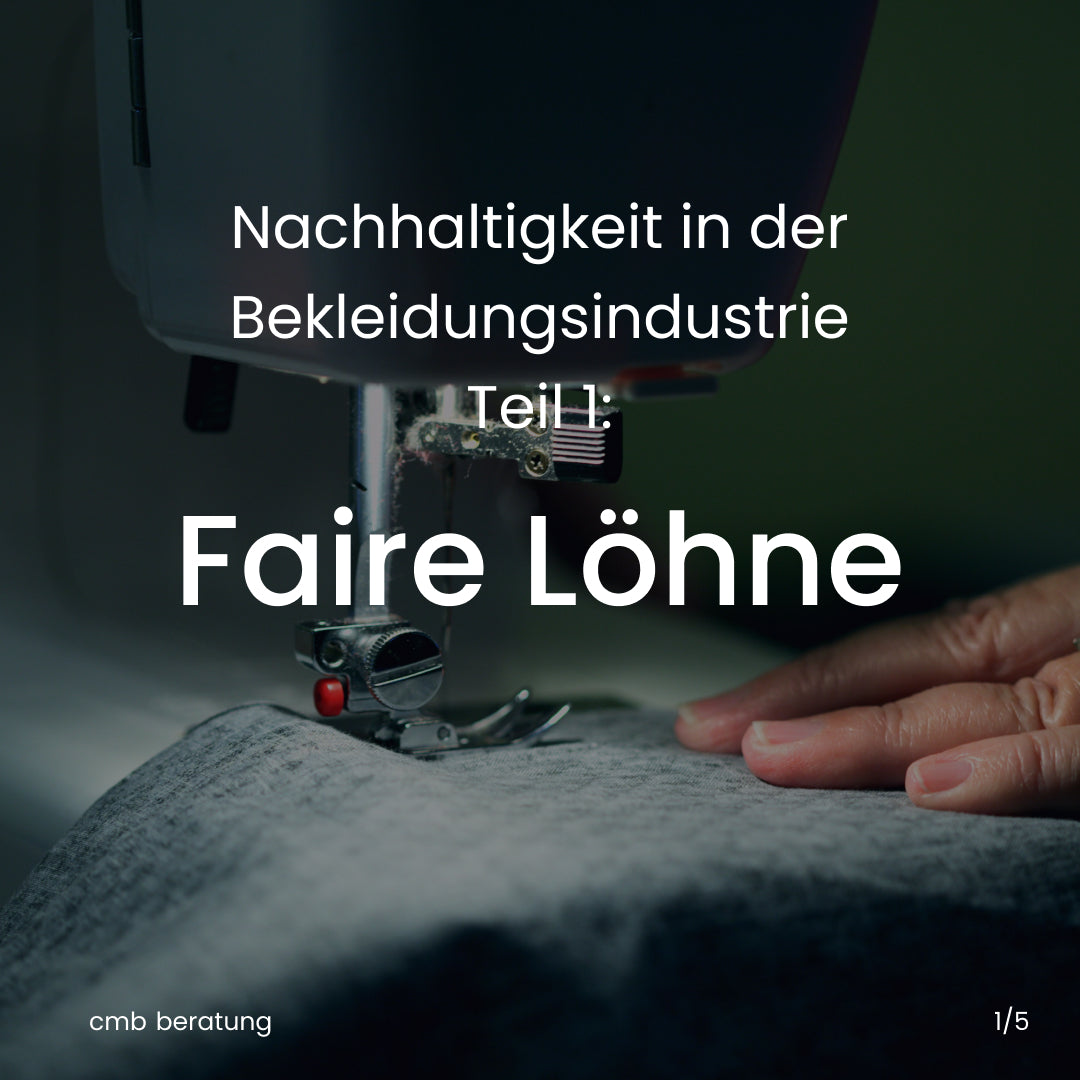Sustainability doesn't start with the fabric—it starts with the people. Yet, fair wages are still not a standard in the global clothing industry. On the contrary: Many garments are produced under conditions where the word "fair" is misplaced.
Cheaply produced – at whose expense?
For over 40 years, textile production has been shifting from Europe to countries with increasingly low wages – first to China, then to Bangladesh and Vietnam, and now increasingly to Africa. The reasons: low environmental standards, little protection for workers, and monthly salaries sometimes below 70 US dollars.
Health insurance? None. Retirement plans? Illusion. Instead: endless shifts, poor conditions, no security. Clothing produced under such circumstances may sell cheaply, but it comes at a high price.
The vicious circle of low costs
The real problem: Even in so-called industrialized countries, the textile industry isn't known for its high wages. Why? Because labor costs for the finished garment are high – and technological progress in the industry is stalling. Automation? Hardly an issue. Instead, outsourcing is becoming increasingly common, to places where labor is cheap and transportation costs almost nothing.
This creates a cycle: little technology, cheap labor, global transport – and an end product that often costs less on the shelf than a lunch.
What the SDGs demand – and what industry (still) ignores
The UN's Sustainable Development Goals (SDGs) clearly state: No one should have to live on less than $1.25 a day. The fashion industry has so far made little contribution to this goal. Many brands shirk their responsibility when it comes to conditions at suppliers, preferring to invest in marketing rather than in better wages.
But they could do better.
What needs to change
Pressure is needed – from politicians, from the industry itself, and from the people who buy clothes. Because every purchasing decision sends a signal. Conscious shopping not only supports sustainable materials, but also fair working conditions.
BREDDY'S stands for fair European production – because sustainability is not only an ecological but also a social promise.


